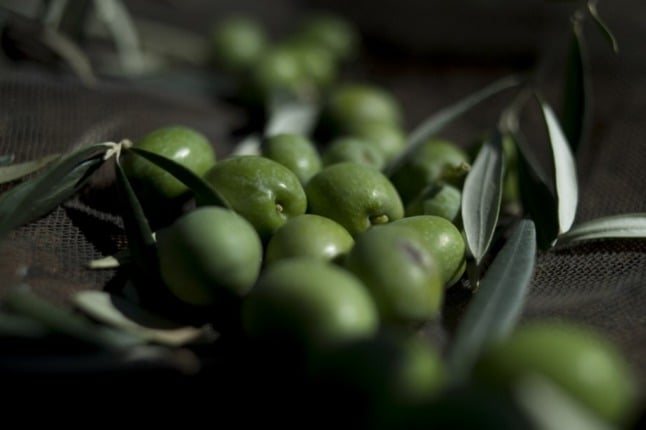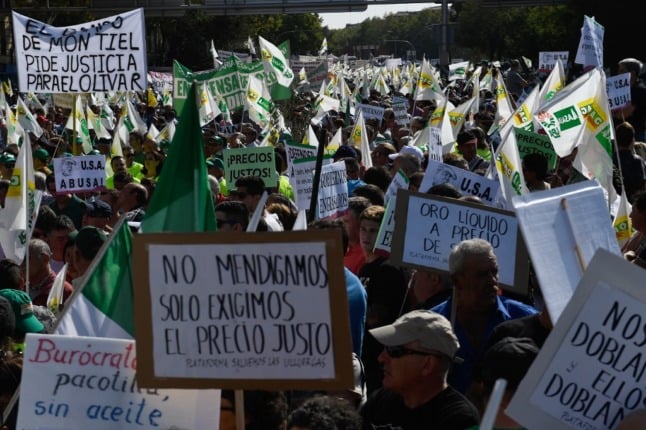The remuneration of Volkswagen CEO Martin Winterkorn made headlines this week after it hit €17.4 million, or €1,986 an hour. But this is a drop in the ocean of money earned by VW in 2011, with income reaching €15.8 billion, more than twice as much as 2010.
Other German carmakers BMW, Daimler, Audi and Porsche also broke records in 2011, thanks to booming markets in Asia and America.
The global financial crisis left little more than a dent in the German auto industry, which recovered faster and stronger than many had expected.
But the money now flooding in will be needed in the coming months, car managers have warned.
The continuing European debt crisis and flat-lining economies will not only eat away at finances – but investment will also be needed to develop new technology.
“2012 will be a key year,” said BMW CEO Norbert Reithofer as he introduced the firm’s annual results.
He was echoed by Audi chairman of the board Rupert Stadler who said, “Looking into the future one can certainly not talk of it being all flowers and sunshine.”
VW plans to invest €62.4 billion by 2016, two-thirds of which is ear-marked for making the company greener as well as bigger.
Strong competition will come in the Germans’ target markets, with Toyota keen to recover its position as the world’s biggest carmaker – a title it lost after last year’s earthquake.
Meanwhile, Korea’s Hyundai is growing in the mass market, while the Germans are also looking over their shoulders at the alliance between Opel-owner General Motors and the French owner of Peugeot, PSA.
Workers at Germany’s carmakers have profited from the good results, with Daimler receiving a profits-share of €4,100 for 2011, those working for Audi getting on average €8,251 and VW employees getting a bonus of €7,500.
DPA/The Local/hc




 Please whitelist us to continue reading.
Please whitelist us to continue reading.
Member comments